The agricultural sector, with its vast and varied landscape, presents a plethora of opportunities for entrepreneurs looking to delve into retail business.
From the cultivation of crops and rearing of livestock to the processing of food products and provision of agricultural services, the possibilities with the best agricultural business ideas are endless.
This sector not only plays a crucial role in sustaining life but also in driving economic growth, making it a fertile ground for innovative business ideas.
As consumers become more conscious of their food choices and the impact of agriculture on the environment, there is a growing demand for sustainable and locally sourced products.
This shift in consumer behavior opens up new avenues for businesses that align with these values.
Post Contents
- 1 Agricultural Business Ideas
- 1.1 1. Organic Crop Farming
- 1.2 2. Herb and Spices Farming
- 1.3 3. Vegetable Cultivation
- 1.4 4. Fruit Trees Cultivation
- 1.5 5. Multi-Plant Seedling Nursery
- 1.6 6. Grains Farming
- 1.7 7. Tea and Coffee Cultivation
- 1.8 8. Mushroom Farming
- 1.9 9. Flower Cultivation and Farming
- 1.10 10. Ornamental Bamboo Farming
- 1.11 11. Bonsai Farming
- 1.12 12. Orchid Cultivation and Farming
- 1.13 13. Vineyard Farming
- 1.14 14. Cactus Farming
- 1.15 15. Aquarium Fish and Aquatic Plant Farming
- 1.16 16. Beekeeping and Honey Production
- 1.17 17. Livestock Farming
- 1.18 18. Poultry Farming
- 1.19 19. Aquaponics Farming
- 1.20 20. Edible Flower Cultivation
- 1.21 21. Medicinal Herb Farming
- 1.22 22. Urban Farming Consultancy
- 1.23 23. Farm Equipment Rental
- 1.24 24. Agri-Tourism
- 1.25 25. Specialty Food Production
- 1.26 26. Seed Production and Sales
- 1.27 27. Agricultural Consulting
- 1.28 28. Composting Business
- 1.29 29. Farm-to-Table Restaurant
- 1.30 30. Mobile Farmers Market
- 1.31 31. Agricultural Drone Services
- 1.32 32. Vertical Farming
- 1.33 33. Farm Equipment Maintenance and Repair
- 1.34 34. Sustainable Livestock Feed Production
- 1.35 35. Organic Fertilizer Production
- 1.36 36. Precision Agriculture Consulting
- 1.37 37. Agricultural Equipment Leasing
- 1.38 38. Crop Scouting Services
- 1.39 39. Agricultural Education Programs
- 1.40 40. Specialty Crop Farming
- 1.41 41. Agroforestry
- 1.42 42. Community Supported Agriculture (CSA)
- 1.43 43. Agricultural Event Planning
- 1.44 44. Farm Equipment Manufacturing
- 1.45 45. Agricultural Photography
- 1.46 46. Farm Management Software Development
- 1.47 47. Agricultural Tourism Consulting
- 1.48 48. Sustainable Agriculture Advocacy
- 1.49 49. Agricultural Equipment Innovation
- 1.50 50. Farm Safety Training and Consulting
- 2 FAQ
- 2.1 What are the first steps to starting an agricultural business?
- 2.2 How can I make my agricultural business more sustainable?
- 2.3 What are some challenges faced by agricultural entrepreneurs?
- 2.4 How can technology be used in agriculture?
- 2.5 What resources are available for agricultural entrepreneurs?
- 3 Conclusion
Agricultural Business Ideas
Whether you are a seasoned farmer looking to diversify your income streams, or an aspiring entrepreneur with a passion for agriculture, this list is designed to inspire and guide you in finding the perfect business venture.
So, let’s dive in and uncover the myriad of opportunities that await in the world of agricultural retail.
1. Organic Crop Farming
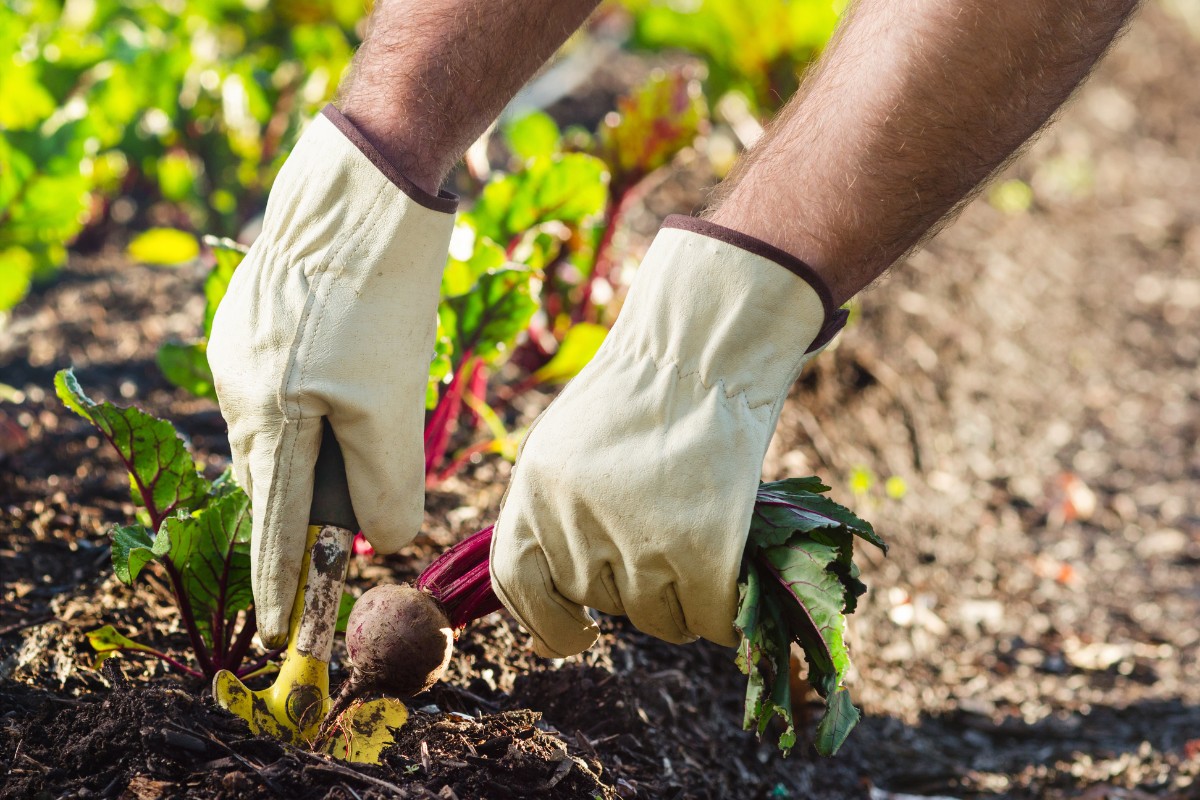
Organic crop farming is a lucrative business idea for those looking to tap into the growing demand for chemical-free produce.
By adopting sustainable farming practices, entrepreneurs can cultivate a variety of fruits, vegetables, and grains, ensuring a steady supply of fresh and healthy produce to the local community.
This business not only contributes to the well-being of consumers but also promotes biodiversity and soil health.
With the right certification and marketing strategies, organic crop farmers can premium prices for their produce, ensuring a profitable venture.
2. Herb and Spices Farming
The cultivation of herbs and spices offers a unique niche in the agricultural sector.
With a relatively small land area required, entrepreneurs can grow a variety of aromatic and medicinal plants, catering to both culinary enthusiasts and the wellness industry.
This business idea provides the flexibility to operate on a small scale, with the potential for expansion as demand increases.
Additionally, dried herbs and spices have a long shelf life, allowing for easier storage and distribution.
3. Vegetable Cultivation

Specializing in vegetable cultivation allows entrepreneurs to tap into the steady demand for fresh produce.
By focusing on specific types of vegetables, businesses can optimize their farming practices and yield high-quality crops.
This venture also provides opportunities for direct sales through farmer’s markets and local grocery stores, ensuring a closer connection with consumers.
With the adoption of innovative farming techniques, such as vertical farming, entrepreneurs can maximize their production even in limited spaces.
4. Fruit Trees Cultivation
Growing and selling various fruit trees can be a rewarding business venture, especially in regions with favorable climatic conditions.
This business requires patience and dedication, as fruit trees take time to mature and bear fruit.
However, once established, fruit tree cultivation provides a sustainable source of income, with the potential for value-added products such as jams and juices.
Entrepreneurs can also explore niche markets, such as exotic or heritage fruit varieties, to differentiate themselves from competitors.
5. Multi-Plant Seedling Nursery
Operating a multi-plant seedling nursery caters to the growing trend of home gardening and urban farming.
This business idea involves propagating a variety of plants, from vegetables and herbs to flowers and shrubs, providing gardeners with healthy and robust seedlings.
With the right knowledge and care, entrepreneurs can ensure a high success rate, building a reputation for quality among their customers.
Additionally, this venture allows for seasonal adjustments, ensuring a steady flow of income throughout the year.
6. Grains Farming
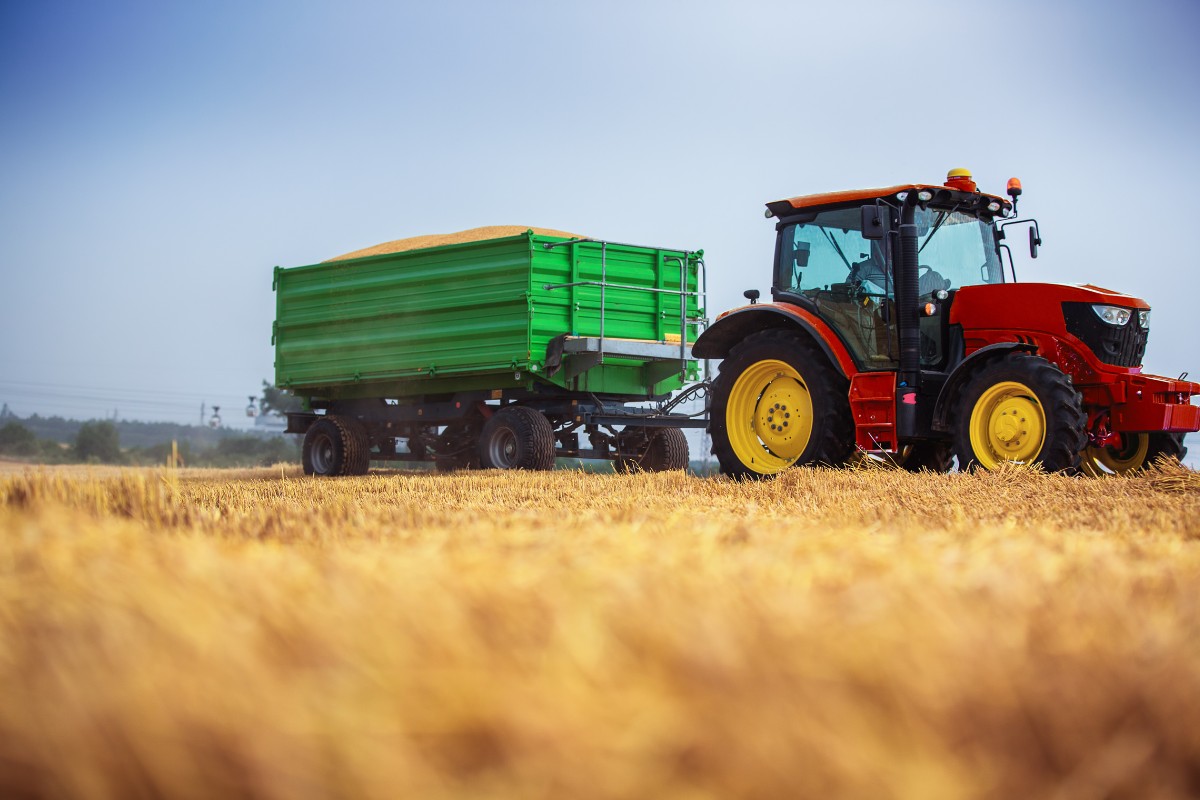
Cultivating grains such as wheat, rice, or barley is a traditional yet essential agricultural business.
Grains are staple foods for a significant portion of the global population, ensuring a constant demand.
This business requires significant land and resources, but with efficient farming practices and proper crop rotation, entrepreneurs can achieve high yields.
Additionally, there are opportunities for diversification, such as organic grain farming or the cultivation of ancient grain varieties.
7. Tea and Coffee Cultivation
For entrepreneurs with access to suitable climatic conditions, tea and coffee cultivation offers a lucrative business opportunity.
These popular beverages have a global market, providing potential for both local sales and exports.
This business requires a deep understanding of the cultivation process, as well as the patience to wait for plants to mature.
However, once established, tea and coffee plantations can provide a steady source of income, with opportunities for agritourism and direct sales to consumers.
8. Mushroom Farming
Mushroom farming is a unique agricultural business that can be started with minimal space and resources.
With the right conditions, mushrooms can be cultivated year-round, providing a constant supply to local markets and restaurants.
This business also aligns with sustainable practices, as mushrooms can be grown on various organic waste materials.
Entrepreneurs can experiment with different mushroom varieties, catering to niche markets and gourmet chefs.
9. Flower Cultivation and Farming
The cultivation of flowers is a vibrant and creative agricultural business.
From fresh bouquets to dried arrangements, flowers have a wide range of applications and a broad customer base.
This business allows entrepreneurs to express their creativity, while also providing opportunities for event collaborations and direct sales.
With the adoption of sustainable farming practices, flower farmers can also appeal to eco-conscious consumers.
10. Ornamental Bamboo Farming
Ornamental bamboo farming caters to the growing demand for sustainable and versatile plants.
Bamboo is known for its rapid growth and strength, making it a popular choice for landscaping and decorative purposes.
This business requires minimal maintenance once established, providing a sustainable source of income.
Entrepreneurs can also explore value-added products, such as bamboo furniture or crafts.
11. Bonsai Farming
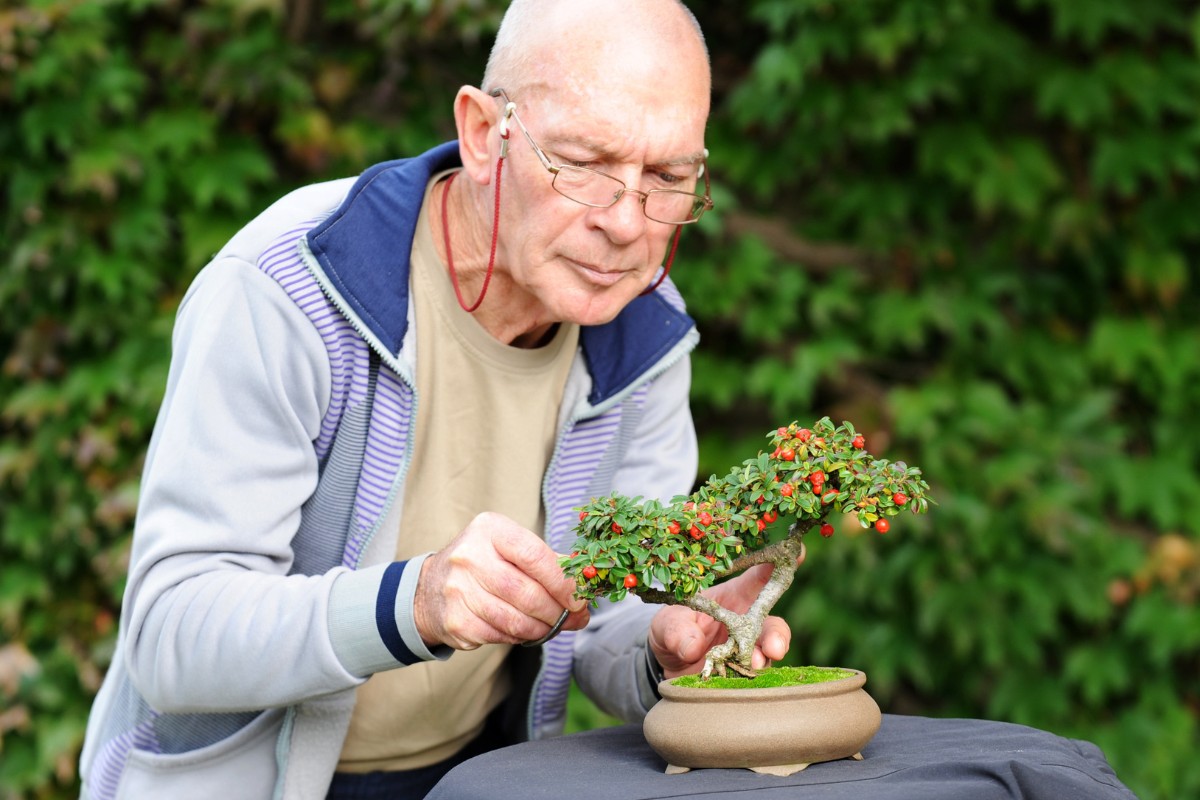
Bonsai farming is a niche agricultural business that combines art and horticulture.
This venture involves cultivating miniature trees, requiring patience, skill, and attention to detail.
Bonsai trees are highly sought after for their aesthetic appeal and the sense of tranquility they bring.
Entrepreneurs can sell their creations directly to consumers or through specialty stores, with opportunities for workshops and demonstrations.
12. Orchid Cultivation and Farming
Specializing in the cultivation of orchids offers a unique and potentially lucrative business opportunity.
Orchids are exotic and elegant flowers, with a dedicated following of enthusiasts and collectors.
This business requires a deep understanding of orchid care and propagation, ensuring the production of healthy and vibrant plants.
With the right marketing and customer engagement, orchid farmers can build a strong brand and loyal customer base.
13. Vineyard Farming
Vineyard farming is a timeless agricultural business, with a rich history and cultural significance.
This venture involves growing grapes for wine production, requiring a deep understanding of viticulture and a passion for winemaking.
Vineyards also offer opportunities for agritourism, with wine tastings and tours adding an additional revenue stream.
With a focus on quality and terroir, entrepreneurs can create unique and memorable wines that stand out in the market.
14. Cactus Farming
Cactus farming caters to the growing popularity of succulents and low-maintenance plants.
This business requires minimal water and resources, making it an eco-friendly option.
Cacti come in a variety of shapes and sizes, providing ample opportunities for creativity and product differentiation.
Entrepreneurs can sell their plants directly to consumers, through garden centers, or online, reaching a broad customer base.
15. Aquarium Fish and Aquatic Plant Farming
Aquarium fish and aquatic plant farming is a niche agricultural business that combines aquaculture and horticulture.
This venture requires a deep understanding of aquatic ecosystems and the needs of different fish and plant species.
With the right conditions and care, entrepreneurs can cultivate a variety of aquatic life, catering to aquarium enthusiasts and pet stores.
This business also provides opportunities for education and conservation, promoting responsible aquarium keeping.
16. Beekeeping and Honey Production
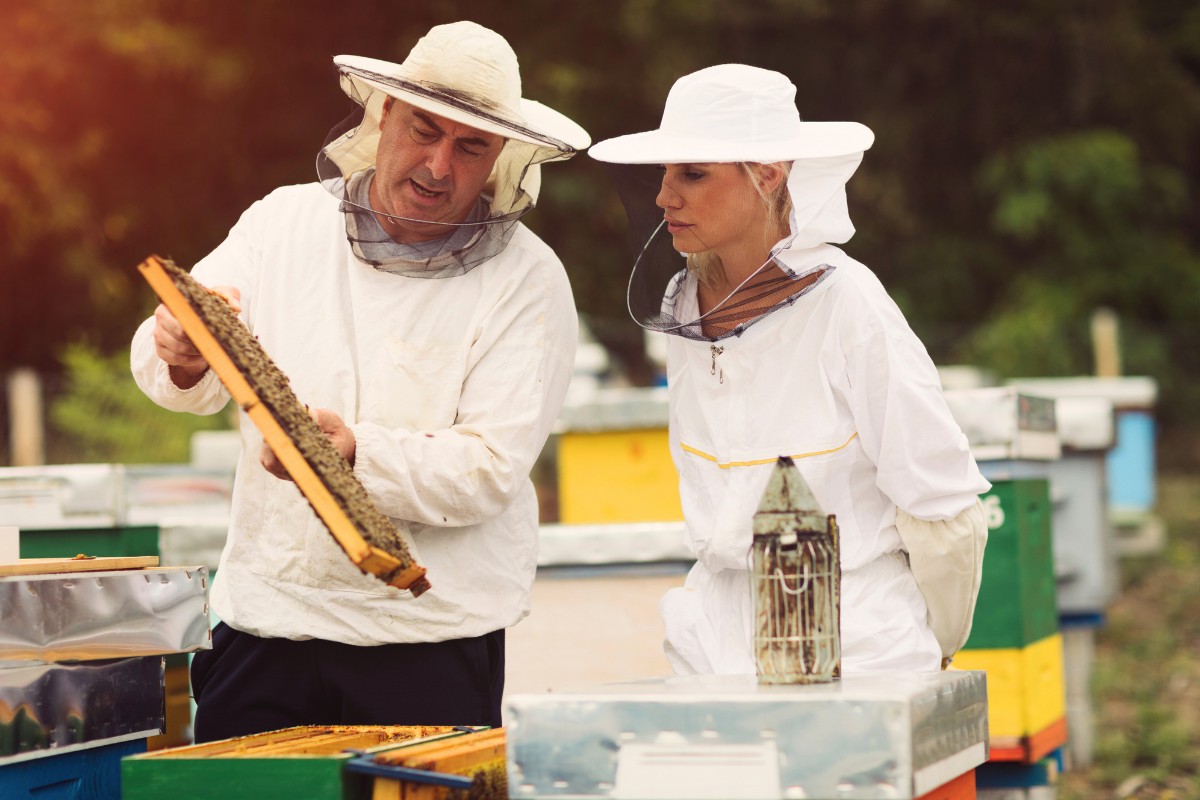
Beekeeping is a rewarding agricultural business that plays a crucial role in pollination and biodiversity.
This venture involves the care and management of bee colonies, with the production of honey and other bee products as the primary revenue streams.
Beekeeping also aligns with sustainable practices, as bees are essential for the pollination of many crops.
Entrepreneurs can sell their products directly to consumers, through local markets, or to specialty stores.
17. Livestock Farming
Livestock farming is a traditional agricultural business, involving the rearing of animals for meat, milk, and other products.
This venture requires significant land and resources, as well as a deep understanding of animal husbandry.
With the adoption of humane and sustainable farming practices, entrepreneurs can differentiate themselves in the market, catering to consumers who are conscious of animal welfare.
Livestock farming also provides opportunities for diversification, such as agrotourism or the production of value-added products.
18. Poultry Farming
Poultry farming is a popular agricultural business, with a steady demand for chicken meat and eggs.
This venture can be started on a small scale, with the potential for expansion as the business grows.
Poultry farming requires attention to detail and proper management, ensuring the health and well-being of the birds.
Entrepreneurs can sell their products directly to consumers, through local markets, or to restaurants, ensuring a steady income stream.
19. Aquaponics Farming
Aquaponics combines fish farming with plant cultivation, creating a symbiotic environment that benefits both.
In this innovative agricultural business, the waste from the fish provides nutrients for the plants, while the plants help to purify the water for the fish.
Entrepreneurs can cultivate a variety of crops and fish species, tailoring their systems to meet local market demands.
This sustainable farming method requires less water than traditional agriculture and can be set up in urban environments, making it an accessible option for many.
20. Edible Flower Cultivation
Edible flowers are gaining popularity in the culinary world, adding unique flavors and colors to dishes.
Entrepreneurs can cultivate a variety of edible flowers, catering to restaurants, bakeries, and gourmet food stores.
This niche market offers the opportunity to stand out in the agricultural sector, with potential for high-profit margins.
Additionally, edible flower cultivation aligns with sustainable and organic farming practices, appealing to eco-conscious consumers.
21. Medicinal Herb Farming

With the growing interest in natural remedies and holistic health, medicinal herb farming presents a lucrative opportunity.
Entrepreneurs can cultivate a variety of herbs known for their medicinal properties, supplying local herbalists, health stores, and wellness centers.
This business requires knowledge of herbal medicine and sustainable farming practices.
Additionally, there are opportunities for value-added products, such as tinctures, teas, and salves.
22. Urban Farming Consultancy
As urban farming gains popularity, there is a growing need for expertise in creating and managing productive gardens in limited spaces.
Entrepreneurs can offer consultancy services, helping individuals and businesses set up rooftop gardens, vertical farms, and other urban agriculture projects.
This business not only contributes to local food production but also promotes sustainable living practices.
Additionally, urban farming consultancy provides opportunities for workshops and educational programs.
23. Farm Equipment Rental
Small-scale farmers and hobby gardeners often require specialized equipment for planting, harvesting, and maintenance.
Entrepreneurs can start a business renting out farm equipment, providing access to necessary tools without the high upfront costs.
This business requires an investment in quality equipment and a secure storage facility.
Additionally, offering delivery and maintenance services can enhance customer satisfaction and loyalty.
24. Agri-Tourism
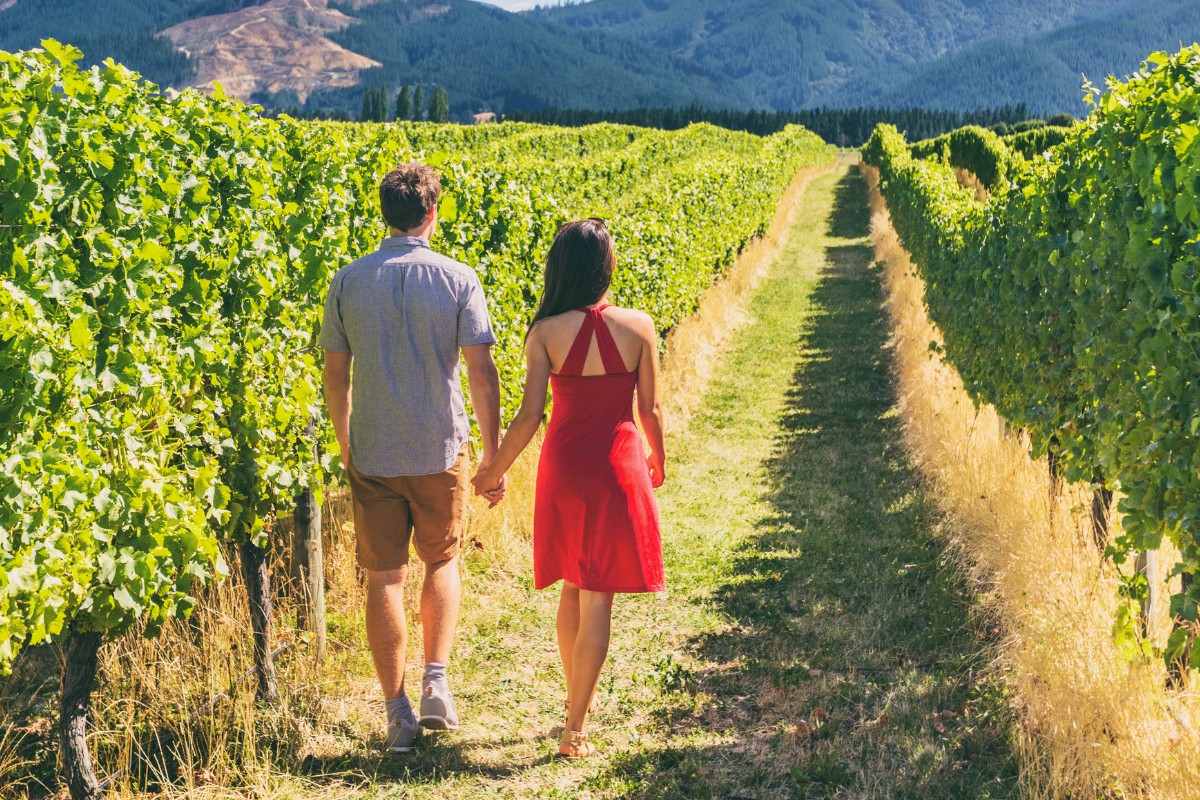
Agri-tourism combines agriculture and tourism, providing visitors with a unique farm experience.
Entrepreneurs can offer tours, workshops, and farm stays, showcasing the agricultural process and promoting local produce.
This business not only generates income but also educates the public about farming and sustainable practices.
Additionally, agri-tourism provides opportunities for direct sales of farm products and value-added goods.
25. Specialty Food Production
With the increasing demand for unique and artisanal food products, entrepreneurs can start a business producing specialty foods.
This could include gourmet sauces, preserves, or baked goods made with locally sourced ingredients.
This business requires knowledge of food production and safety regulations.
Additionally, building relationships with local retailers and participating in farmers’ markets can help establish a customer base.
26. Seed Production and Sales
Seed production is a vital part of agriculture, ensuring the availability of quality seeds for planting.
Entrepreneurs can specialize in producing seeds for specific crops or varieties, catering to farmers and gardeners.
This business requires knowledge of plant breeding and seed preservation.
Additionally, offering online sales and a catalog can expand the customer base beyond the local community.
27. Agricultural Consulting
With the complexity of modern agriculture, there is a demand for expert advice and guidance.
Entrepreneurs with experience in agriculture can offer consulting services, helping farmers optimize their operations and solve specific challenges.
This business requires strong communication and problem-solving skills.
Additionally, staying updated on industry trends and innovations enhances credibility and effectiveness.
28. Composting Business

Composting is a sustainable practice that converts organic waste into valuable soil amendments.
Entrepreneurs can start a business collecting organic waste from local households and businesses, producing compost for sale to gardeners and farmers.
This business contributes to waste reduction and promotes soil health.
Additionally, offering educational programs on composting can enhance community engagement.
29. Farm-to-Table Restaurant
Farm-to-table restaurants prioritize the use of fresh, locally sourced ingredients, providing a direct connection between farmers and consumers.
Entrepreneurs can start a restaurant or café, creating menus based on seasonal availability and building relationships with local producers.
This business model supports local agriculture and offers a unique dining experience.
Additionally, hosting special events and cooking classes can diversify income streams.
30. Mobile Farmers Market
Mobile farmers markets bring fresh produce and farm products directly to consumers, especially in underserved areas.
Entrepreneurs can operate a truck or trailer, setting up shop in different locations throughout the week.
This business increases access to fresh food and supports local farmers.
Additionally, offering educational programs on nutrition and cooking can enhance community impact.
31. Agricultural Drone Services
Drones are becoming an invaluable tool in precision agriculture, helping farmers monitor crops, assess field conditions, and optimize resource use.
Entrepreneurs can start a business offering drone services, providing aerial imagery and data analysis to farmers.
This business requires knowledge of drone operation and agricultural applications.
Additionally, staying updated on drone technology and regulations ensures competitiveness and compliance.
32. Vertical Farming

Vertical farming involves growing crops in stacked layers or vertical structures, maximizing space and resources.
Entrepreneurs can start a vertical farm in urban areas, producing fresh produce for local markets and restaurants.
This innovative farming method requires knowledge of hydroponics or aeroponics and climate control systems.
Additionally, offering tours and educational programs can enhance public awareness and engagement.
33. Farm Equipment Maintenance and Repair
Farm equipment is essential for efficient and productive agriculture, requiring regular maintenance and repairs.
Entrepreneurs with mechanical skills can start a business offering maintenance and repair services to local farmers.
This business ensures the reliability of essential equipment and reduces downtime.
Additionally, offering emergency repair services can enhance customer loyalty and reputation.
34. Sustainable Livestock Feed Production
With the increasing demand for sustainable and humane livestock farming, there is a need for eco-friendly livestock feed.
Entrepreneurs can start a business producing feed from alternative sources, such as insects or algae.
This innovative approach reduces the environmental impact of livestock farming and offers a sustainable protein source.
Additionally, conducting research and development can lead to innovative products and market differentiation.
35. Organic Fertilizer Production

Organic farming is on the rise, creating a demand for eco-friendly fertilizers.
Entrepreneurs can start a business producing organic fertilizers from composted waste or other natural materials.
This business contributes to sustainable agriculture and soil health.
Additionally, offering a range of products tailored to different crops and soil types can enhance market appeal.
36. Precision Agriculture Consulting
Precision agriculture involves the use of technology to optimize field-level management regarding crop farming.
Entrepreneurs with expertise in this field can offer consulting services, helping farmers implement precision agriculture practices.
This business requires knowledge of GPS technology, data analysis, and agricultural practices.
Additionally, staying updated on industry innovations ensures the provision of cutting-edge solutions.
37. Agricultural Equipment Leasing
Farmers often require expensive equipment for planting, harvesting, and other agricultural processes, but may not have the capital to purchase them outright.
Entrepreneurs can start a business leasing agricultural equipment, providing access to the necessary tools without the high upfront costs.
This business requires a significant investment in quality equipment and a secure storage facility.
Additionally, offering flexible leasing terms and maintenance services can enhance customer satisfaction.
38. Crop Scouting Services
Crop scouting involves the regular inspection of crops to monitor for potential issues such as pests, diseases, and nutrient deficiencies.
Entrepreneurs can offer crop scouting services to local farmers, providing valuable insights and recommendations for optimizing crop health and yield.
This business requires knowledge of agronomy and pest management.
Additionally, utilizing technology such as drones or sensors can enhance the efficiency and accuracy of scouting services.
39. Agricultural Education Programs

There is a growing interest in understanding where food comes from and how it is produced.
Entrepreneurs can start a business offering educational programs on agriculture, targeting schools, community groups, and the general public.
This business not only generates income but also plays a crucial role in community education and engagement.
Additionally, offering hands-on experiences such as farm tours or workshops can enhance the learning experience.
40. Specialty Crop Farming
Specialty crops include fruits, vegetables, nuts, and herbs that are not commonly grown in a particular area.
Entrepreneurs can start a business cultivating specialty crops, catering to niche markets and gourmet food producers.
This business requires knowledge of the specific crops and their growing requirements.
Additionally, building relationships with local chefs and food producers can create a steady demand for the products.
41. Agroforestry
Agroforestry involves integrating trees and shrubs into agricultural systems, providing multiple benefits such as improved soil health, increased biodiversity, and additional income streams from timber or non-timber forest products.
Entrepreneurs can start a business implementing agroforestry practices on existing farms or establishing new agroforestry systems.
This sustainable farming method requires knowledge of forestry and agriculture.
Additionally, offering consulting services to other farmers interested in agroforestry can diversify income streams.
42. Community Supported Agriculture (CSA)
CSA programs involve consumers purchasing a share of a farm’s harvest in advance, receiving regular deliveries of fresh produce throughout the growing season.
Entrepreneurs can start a CSA program, building a direct relationship with consumers and ensuring a steady market for their produce.
This business model promotes community engagement and supports local agriculture.
Additionally, offering add-ons such as eggs, dairy, or baked goods can enhance the value of the CSA shares.
43. Agricultural Event Planning

With the increasing popularity of farm-to-table dining and rural weddings, there is a demand for event planning services on farms.
Entrepreneurs can start a business offering event planning and coordination services, specializing in agricultural or rural settings.
This business requires organizational skills and a network of local vendors.
Additionally, offering package deals or inclusive services can enhance customer convenience and satisfaction.
44. Farm Equipment Manufacturing
With the constant evolution of agricultural practices, there is a need for innovative farm equipment.
Entrepreneurs with engineering and manufacturing skills can start a business producing farm equipment, catering to the specific needs of local farmers.
This business requires knowledge of agricultural practices and machinery design.
Additionally, offering customization options can differentiate the business in the market.
45. Agricultural Photography
Agriculture provides a rich backdrop for photography, capturing the beauty of the land, the hard work of farmers, and the bounty of the harvest.
Entrepreneurs with photography skills can start a business specializing in agricultural photography, offering services to farmers, agribusinesses, and media outlets.
This business requires a good eye for composition and the ability to capture the essence of agricultural life.
Additionally, selling prints or stock photos can provide additional income streams.
46. Farm Management Software Development

With the increasing complexity of farm management, there is a demand for software solutions that can help farmers optimize their operations.
Entrepreneurs with software development skills can start a business creating farm management software, offering tools for planning, monitoring, and analyzing agricultural activities.
This business requires knowledge of agriculture and software development.
Additionally, offering customization and support services can enhance customer satisfaction.
47. Agricultural Tourism Consulting
Agricultural tourism, or agritourism, involves inviting visitors to experience agricultural life, providing educational and recreational opportunities.
Entrepreneurs can start a business offering consulting services to farmers and rural communities looking to develop agritourism ventures.
This business requires knowledge of tourism and agriculture.
Additionally, offering marketing and promotional services can enhance the visibility and success of agritourism ventures.
48. Sustainable Agriculture Advocacy
With the growing awareness of the environmental and social impacts of agriculture, there is a need for advocacy and education on sustainable practices.
Entrepreneurs can start a business or non-profit organization promoting sustainable agriculture, working with farmers, policymakers, and the public.
This venture requires strong communication and advocacy skills.
Additionally, organizing events, workshops, and campaigns can enhance public awareness and support.
49. Agricultural Equipment Innovation
The agricultural industry is constantly evolving, and there is a need for innovative equipment that can increase efficiency and sustainability.
Entrepreneurs with engineering and design skills can start a business developing new agricultural equipment, from precision farming tools to eco-friendly machinery.
This business requires knowledge of agricultural practices and technology development.
Additionally, collaborating with farmers and research institutions can enhance product relevance and effectiveness.
50. Farm Safety Training and Consulting

Farming involves various risks, from equipment accidents to exposure to chemicals.
Entrepreneurs can start a business offering farm safety training and consulting services, helping farmers and agricultural workers minimize risks and create a safer working environment.
This business requires knowledge of health and safety regulations, as well as effective training and communication skills.
Additionally, providing on-site evaluations and customized safety plans can further enhance the value of the services offered.
FAQ
What are the first steps to starting an agricultural business?
To start an agricultural business, conduct thorough market research to identify a niche or need in the market.
Create a comprehensive business plan, secure funding, and acquire the necessary equipment and resources.
Additionally, ensure compliance with all legal and regulatory requirements.
How can I make my agricultural business more sustainable?
Implement sustainable practices such as crop rotation, organic farming, and water conservation.
Consider diversifying your income streams through agritourism or value-added products.
Stay informed about the latest sustainable technologies and practices in agriculture.
What are some challenges faced by agricultural entrepreneurs?
Agricultural entrepreneurs may face challenges such as unpredictable weather conditions, fluctuating market prices, access to capital, and navigating complex regulations.
Additionally, the physical demands and seasonal nature of farming can be challenging.
How can technology be used in agriculture?
Technology can be used in agriculture for precision farming, data analysis, crop monitoring, and automation of labor-intensive tasks.
Implementing software solutions for farm management can also enhance efficiency and decision-making.
What resources are available for agricultural entrepreneurs?
There are numerous resources available, including government programs, agricultural extension services, industry associations, and educational institutions.
These resources can provide funding, training, technical assistance, and networking opportunities.
Conclusion
The agricultural sector offers a plethora of opportunities for entrepreneurs to explore and innovate.
From traditional farming practices to cutting-edge technological solutions, there are numerous ways to contribute to this vital industry.
Whether your passion lies in sustainable practices, education, technology, or direct cultivation, there is a niche for you in agriculture.
By identifying the needs of your community and leveraging your unique skills and knowledge, you can create a successful and impactful agricultural business.






























